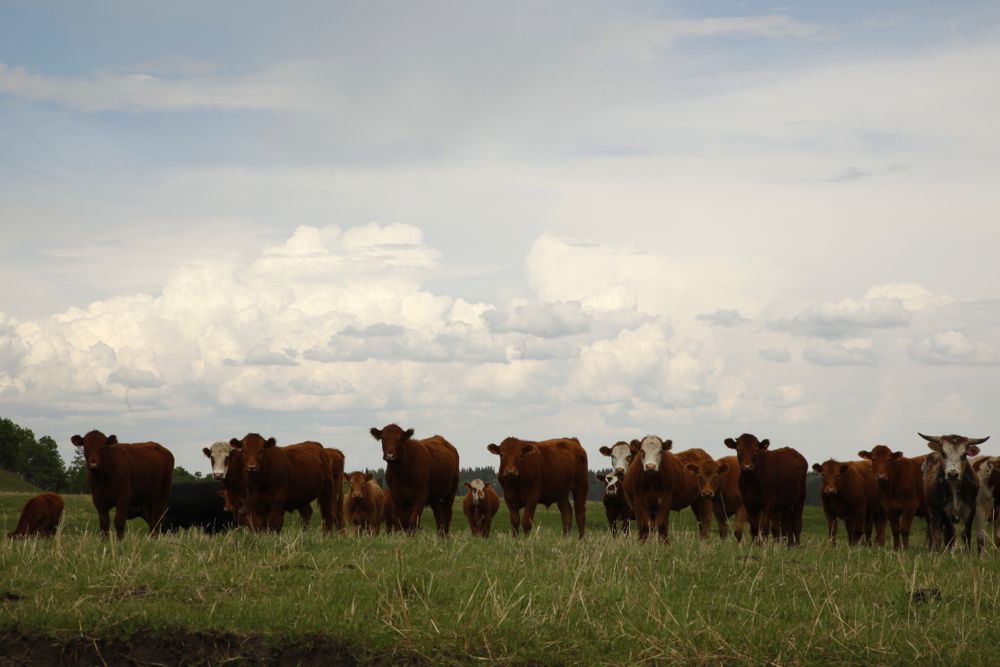Chicago | Reuters — Chicago Mercantile Exchange cattle futures surged on Wednesday on technical buying and short-covering, spurred in part by higher-than-expected prices at a weekly cattle sale, traders said.
Animals at Wednesday’s Fed Cattle Exchange brought $119.75/cwt, up from $119 a week earlier (all figures US$).
“I guess people thought it would be closer to $118, so when they got basically steady prices, shorts covered,” said Mark Gold of Top Third Ag Marketing.
However, packer bids for slaughter-ready, or cash, cattle elsewhere in the U.S. Plains were $117-$118/cwt, compared to asking prices of $122-$123.
Read Also

U.S. grains: Wheat futures rise on supply snags in top-exporter Russia
U.S. wheat futures closed higher on Thursday on concerns over the limited availability of supplies for export in Russia, analysts said.
Bulls look for steady to firmer cash prices based on a four-day climb in futures prices and fewer cattle for sale than last week. They also believe that recent frigid weather in the Plains slowed animal weight gains, making cattle less available to packers when they need them.
Bears contend that tepid wholesale beef demand and increased supplies ahead will pressure near-term cash prices.
CME February live cattle futures finished up 2.875 cent/lb. at 120.975 cents after climbing the daily three-cent limit to 121.3 cents. April ended up 2.4 cent at 122.775 cents.
Technical buying accelerated as the February contract pushed above its 20-, 30- and 100-day moving averages.
CME feeder cattle futures rose, following the live cattle market. Most-active March feeder cattle closed 2.05 cents/lb. higher at 145.975 cents.
Lean hog futures retreat
February lean hog futures closed lower on profit-taking a day after recording a contract high.
Additional pressure stemmed from lower morning cash hog prices as packers attempted to improve their profit margins.
Wednesday’s hog kill, at 444,000 head versus 460,000 a week ago, suggests wintry weather in the eastern Corn Belt disrupted pork production.
During periods of cold weather, farmers typically are reluctant to open up swine buildings and risk losing heat. Treacherous driving conditions can also complicate the movement of hogs and employees to plants.
February hogs settled down 1.175 cents per pound at 72.725 cents. April ended 0.625 cent lower at 75.525 cents.
— Julie Ingwersen is a commodities correspondent for Reuters in Chicago; additional reporting by Theopolis Waters.


















